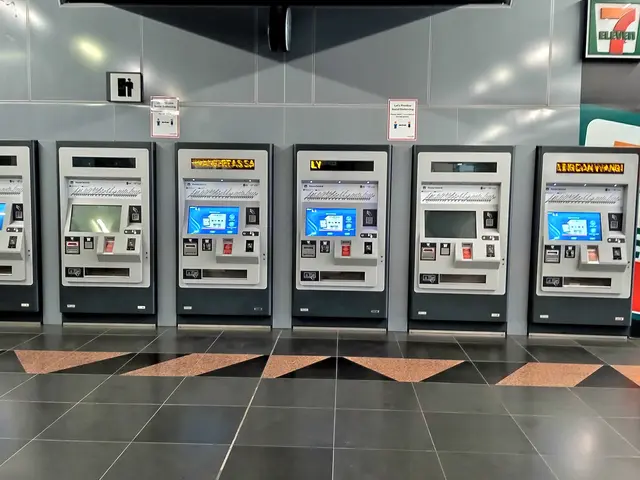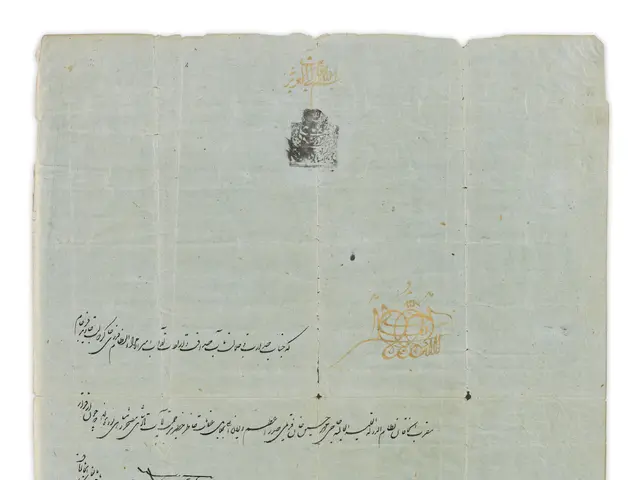Banks and law enforcement agencies have issued an immediate warning about a fresh wave of SMS banking scams circulating
A new wave of SMS bank scams, known as smishing, is targeting individuals across Spain. Known as smishing, these scams involve text messages that appear to be from a bank, claiming a payment is about to leave the account and asking the recipient to 'tap here to cancel'.
One recent case in Spain saw a victim lose 2,000 euros due to SMS bank fraud, but the name of the individual remains undisclosed. This incident underscores the importance of being vigilant and aware of the signs of potential scams.
Official bodies like banks, the tax office, and the DGT still use SMS, making it a common target for scammers. However, it's essential to note that banks in Spain do not ask individuals to stop payments by clicking links in texts.
If you receive a fake bank text, do not tap the link. Instead, open your bank app directly or type the URL you know instead. Odd phrasing or generic greetings are signs of a potential scam. Countdowns and pressure tactics are common in scam messages, so take your time to verify the authenticity of the text before taking any action.
To secure your phone, update the operating system, remove any suspicious "device management" profiles, and run a trusted security scan. Save the real phone number from the back of your card in your contacts. Numbers that do not match your card or the bank's website should be distrusted.
Links in texts are not used by banks to solve problems. If a message demands any action, it is not from the bank. The scammers may also pose as the bank's security team, calling the victim to squeeze out the final code to cancel the transfer.
If you have entered details after clicking a link in a suspicious text, call your bank from a different device to explain the situation. It's also important to change your bank and email passwords after a potential scam.
To avoid falling victim to these scams, develop a habit: never click links in messages about money, open your app instead, and dial the number on your card if unsure. If something is truly wrong, you will see it in the app.
If you encounter a potential scam, take a screenshot of the fake text before deleting it and block the number. Report the scam to your bank and the Policia Nacional/Guardia Civil. A police report (denuncia) should be made and kept for the bank's investigation.
Banks can freeze cards, block online access, and stop pending movements if you inform them of a potential scam. Additionally, switching on two-factor authentication on your email and banking can make it harder for scammers to reset anything.
Stay safe and secure by staying informed. If you have any doubts, always contact your bank directly to verify the authenticity of any messages you receive.
Read also:
- Peptide YY (PYY): Exploring its Role in Appetite Suppression, Intestinal Health, and Cognitive Links
- Toddler Health: Rotavirus Signs, Origins, and Potential Complications
- Digestive issues and heart discomfort: Root causes and associated health conditions
- House Infernos: Deadly Hazards Surpassing the Flames







